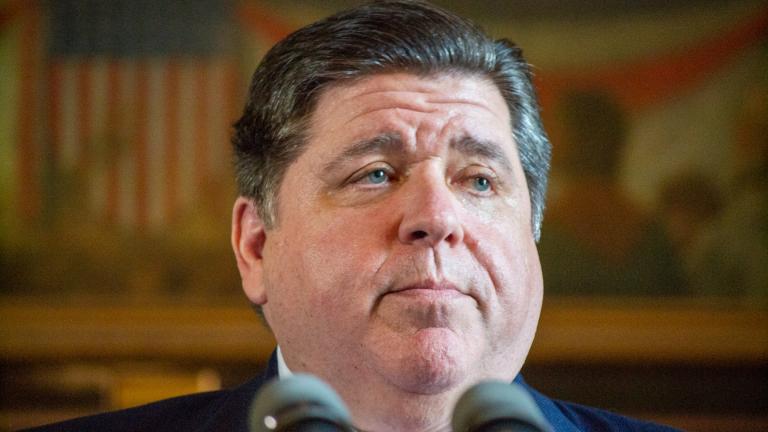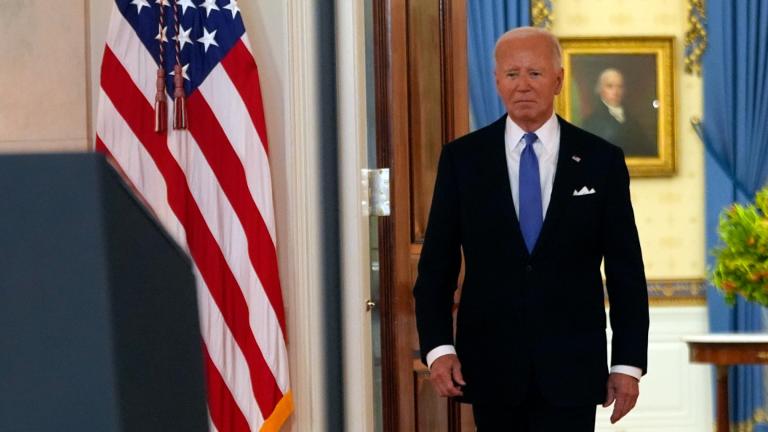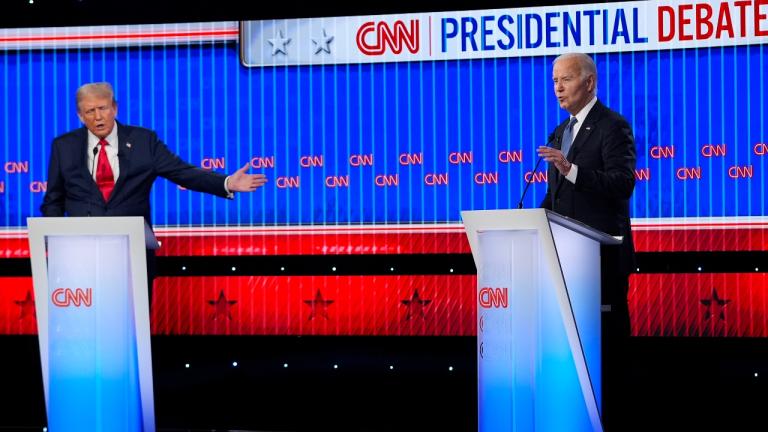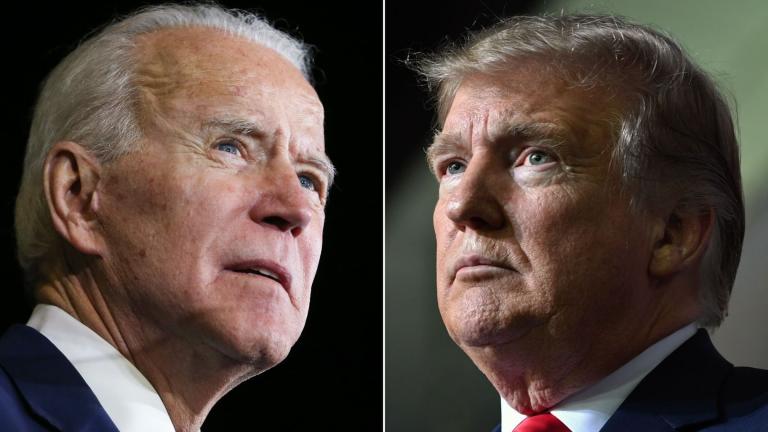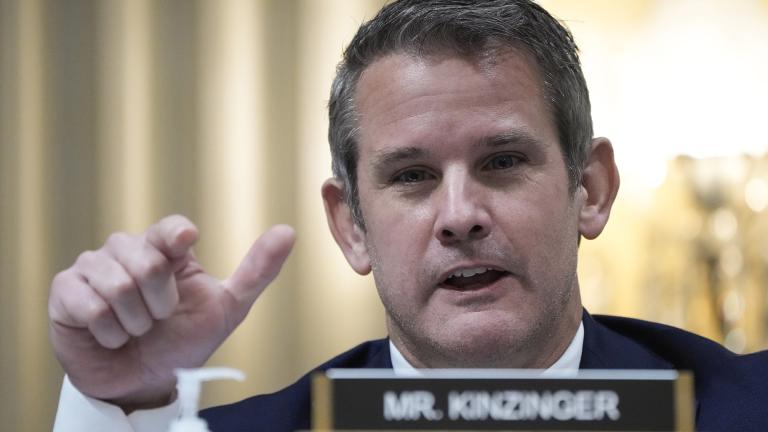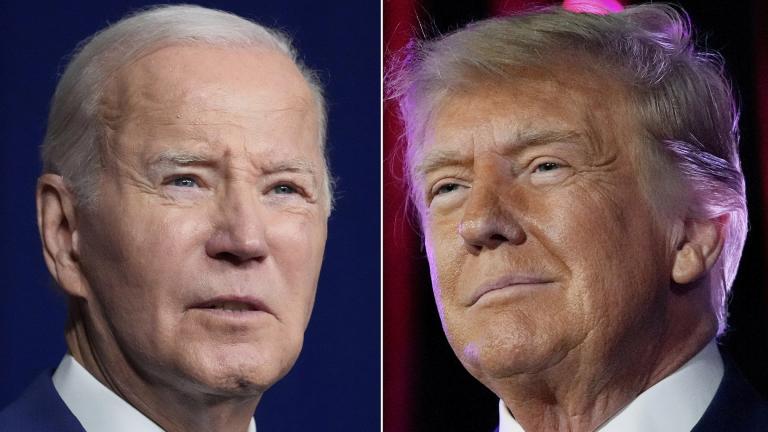As the president’s gatekeeper and top assistant, the White House chief of staff plays a crucial role in managing who has access to the president.
On Wednesday, President-elect Joe Biden named longtime confidant Ron Klain as his White House chief of staff. Klain, who spearheaded the 2014 Ebola outbreak as the Obama administration’s so-called Ebola czar, served as chief of staff for Biden’s vice presidency as well as Vice President Al Gore.
Attorney Samuel Skinner, who served as President George H. W. Bush’s White House chief of staff from 1991 to 1992, said Klain is well prepared to orchestrate Oval Office communications.
“He comes in with a lot of experience and most of the chiefs of staff don’t have that experience,” Skinner said. “But he was in the White House for a number of years and he’s got this relationship with the president[-elect], so I think he’s off to a straight start.”
The White House chief of staff is appointed by the president without Senate approval and oversees the Executive Office of the President, established in 1939 by President Franklin D. Roosevelt.
DePaul University public service professor Nick Kachiroubas said after interviewing about a dozen White House chiefs of staff spanning the Ford to Obama administrations, he’s found the most effective chiefs of staff operate as honest brokers.
“One of their jobs is to make sure the president hears multiple points of view and that the chief of staff is not being seen as sort of underhandedly trying to make a decision go one way or the other,” he said.

